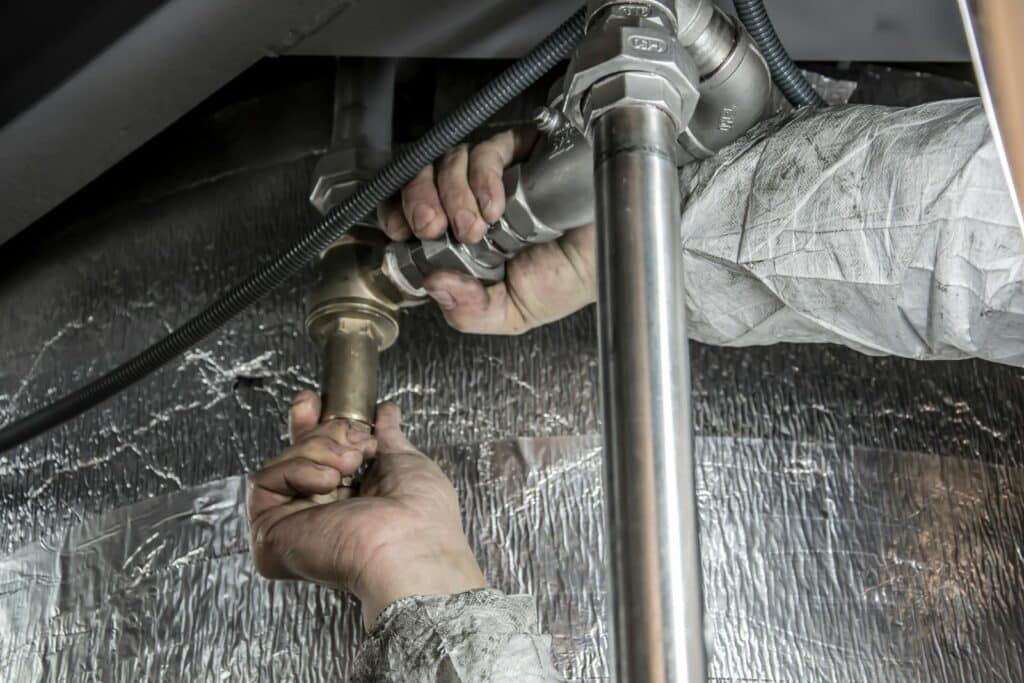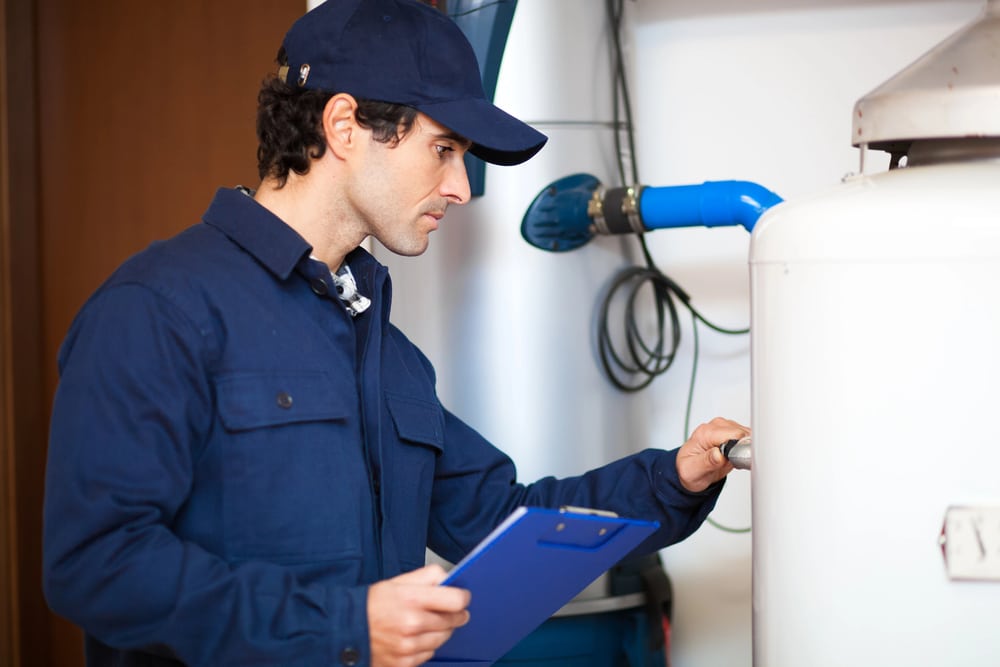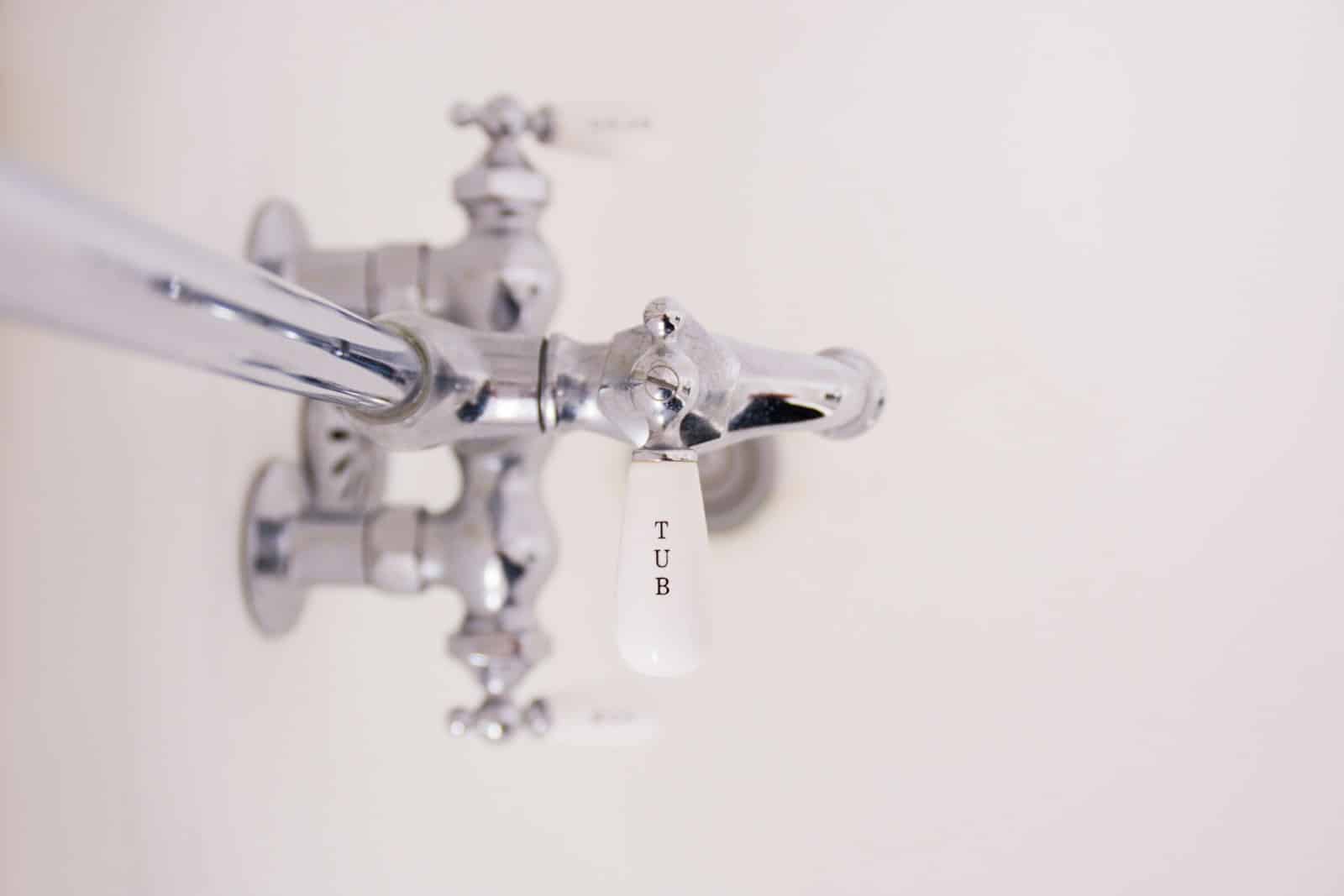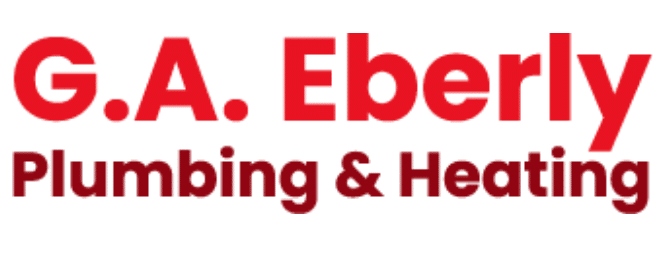A plumbing inspection is one of the most vital steps in maintaining a safe and efficient home. However, many homeowners tend to overlook the importance of ensuring their plumbing system is in good working order. From water supply lines to bathroom faucets, a thorough inspection helps uncover potential issues before they turn into extensive damage, saving you time, money, and headaches in the long run.
In this guide, we’ll explore what a professional plumbing inspection entails, why it’s essential, and how scheduling regular inspections can keep your home plumbing system in tip-top shape. Whether you’re buying a new home, maintaining an existing one, or preparing for a renovation, learning about plumbing inspections will give you the confidence to keep your systems fully functional.

Photo by Anıl Karakaya on Pexels
Benefits of Routine Plumbing Maintenance
Regular plumbing maintenance offers numerous benefits that go beyond simply addressing minor issues. Here are some key advantages of keeping your plumbing system routinely serviced and well-maintained:
1. Prevent Costly Repairs
Routine maintenance helps identify and resolve small problems before they escalate into major issues. A regularly serviced plumbing system reduces the likelihood of expensive emergency repairs, saving you both time and money in the long run.
2. Improve Water Efficiency
Leaky faucets, running toilets, or hidden leaks can silently waste gallons of water every day. By maintaining your plumbing system, you can ensure efficient water usage and potentially lower your utility bills.
3. Prolong the Lifespan of Your Plumbing System
Consistent maintenance ensures that pipes, fixtures, and appliances remain in good condition. This proactive approach can extend the life of your plumbing infrastructure, delaying the need for costly replacements.
4. Maintain a Healthy Home Environment
Unchecked plumbing issues can lead to the growth of mold, mildew, and bacteria, which can harm indoor air quality and family health. Proper maintenance keeps your home sanitary and free of potential contaminants.
5. Protect Your Property from Water Damage
Regular inspections and quick fixes help prevent leaks and blockages that could lead to serious water damage. A well-functioning plumbing system ensures that your home’s walls, floors, and foundation stay dry and protected.
6. Increase Home Value
A well-maintained plumbing system adds value to your property. Whether you’re planning to sell or simply want peace of mind, showing that your plumbing has been routinely serviced can be an attractive feature to potential buyers.
By committing to regular plumbing maintenance, you not only ensure the smooth operation of your home’s water systems but also avoid unnecessary stress and expenses. It’s a simple step that provides long-term benefits for both your home and your wallet.

What Is a Plumbing Inspection?
A plumbing inspection is a comprehensive assessment of your home plumbing system, performed by a licensed plumber or plumbing inspector, to ensure that everything is working correctly. Unlike a typical home inspection, which briefly examines a home’s overall condition, a plumbing inspection hones in on all water and sewage systems, identifying potential issues before they become costly repairs.
Here are the key components of a plumbing inspection:
- Water supply lines to ensure there are no leaks or weak connections.
- Sewage and drainage systems, including sinks, toilets, drains, and sump pumps.
- Water heaters, whether traditional or tankless, with a focus on temperature controls and pressure relief valves.
- Pipes and fittings for signs of wear, corrosion, or improper installation.
- Natural gas connections for safety.
- Bathroom fixtures, such as faucets, sinks, and toilet flush mechanisms.
A licensed plumber or inspector may use advanced tools like a camera inspection to get a closer look at areas that are hard to access, such as sewage lines.
Why Are Plumbing Inspections Important?
Scheduling regular inspections isn’t just about spotting clogged drains or leaky faucets. Here’s why plumbing inspections are crucial for homeowners:
1. Prevent Costly Repairs
A leak in a pipe might seem like a minor problem, but over time, it can lead to extensive damage to walls, floors, and foundations. Regular inspections ensure you catch these issues early, saving you thousands of dollars in avoidable repairs.
2. Ensure Safety
Your plumbing system isn’t just about water; it also involves natural gas connections and sewage systems. Any malfunction here could pose serious safety risks to you and your family. Proper inspections keep hazards at bay and ensure everything is working safely.
3. Enhance Efficiency
Whether it’s ensuring your toilets flush efficiently or your tankless water heater is heated to the right temperature, inspections optimize your plumbing system for maximum efficiency. This can lead to savings on water and energy bills.
4. Increase Longevity of Your System
Regular maintenance and inspections extend the life of your pipes, valves, water heaters, and other critical plumbing components. This ensures your home plumbing system stays in good repair for years to come.
5. Comply With Local Permits and Regulations
For homeowners undergoing renovations or selling their property, having your plumbing inspected ensures you meet local building codes. This can make all the difference when it comes time to pass official inspections or sell your home smoothly.
What Happens During a Plumbing Inspection?
A professional plumbing inspection can be broken down into several steps. Here’s what you can expect during the process:
1. Visual Inspection
The plumber inspects visible components like faucets, sinks, toilets, and exposed pipes to ensure they’re in good repair and free of leaks.
2. Sump Pump and Water Heater Check
Special attention is given to systems like sump pumps and water heaters, which play critical roles in the home. For water heaters and tankless water heaters, the plumber checks pressure relief valves, temperature settings, and any signs of corrosion.
3. Camera Inspection for Pipes and Sewage Lines
For areas that aren’t visible, such as underground sewage lines, plumbers often use advanced camera inspection equipment to detect blockages, cracks, or other hidden problems.
4. Drain and Toilet Functionality Test
The inspector will check for clogged drains and ensure toilets are flushing and draining correctly. They’ll look for water flow issues or slow drainage, which could be signs of build-up or damage.
5. Gas Line and Valve Checks
If your plumbing system involves natural gas connections, the inspector will check these for safety and leaks.
6. System-Wide Assessment
Finally, the plumber ensures connectors, fittings, and supply lines across the entire home are in good working order.
Signs You Need a Plumbing Inspection
Sometimes, your home may show warning signs that indicate it’s time to schedule an inspection ASAP.
- Low water pressure in your faucets or shower.
- Unexplained increase in water bills, which may point to hidden leaks.
- Unpleasant odors coming from drains or the sewage system.
- Rusty water or discoloration, which suggests corroded pipes.
- Slow-draining sinks and bathtubs despite regular cleaning.
- Noise in pipes, such as banging or rattling when water flows.

Photo by Kelly Sikkema on Unsplash
How to Choose the Right Plumbing Inspector
If you’re looking to have your plumbing inspected, it’s important to choose a professional who’s experienced, licensed, and highly rated. Here are some tips for finding the right plumber or plumbing inspector:
- Check Credentials: Always hire a licensed plumber. Verify their certifications and insurance coverage.
- Read Reviews: Reviews on platforms like Google, Yelp, or Angi can provide real-world insights into the quality of service.
- Ask About Equipment: A professional with access to advanced tools like camera inspection equipment is better equipped to handle extensive systems.
- Request an Estimate: Before committing, get an estimate. This will help you understand what the inspection includes and its cost.
- Ensure Post-Inspection Support: Choose an inspector who offers detailed reports and breakdowns of findings, along with recommendations for repair.
When Should You Schedule a Plumbing Inspection?
Scheduling regular inspections is key for maintaining a well-functioning home. Aim to have your home plumbing system inspected under these circumstances:
- Before buying or selling a home as part of a home inspection checklist.
- After significant renovations involving plumbing installation or upgrades.
- Annually or semi-annually for older homes to prevent unexpected issues.
- After a major event, such as flooding or natural disasters, which can strain your plumbing system.
How GAE Plumbing & Heating Can Provide Your Plumbing Inspection
At GAE Plumbing & Heating, we pride ourselves on offering thorough and professional plumbing inspection services tailored to meet your needs. Our expert technicians use advanced tools and techniques to identify potential issues before they become major problems. From checking for leaks and inspecting pipe conditions to evaluating water heater efficiency and testing water pressure, we leave no detail overlooked. With years of experience and a commitment to customer satisfaction, GAE Plumbing & Heating ensures your home’s plumbing system is in optimal condition. Schedule an inspection with us today and experience the peace of mind that comes from knowing your plumbing is in expert hands.
Helpful Links and Resources for Plumbing Inspections
Here are six valuable links and resources to help you learn more about plumbing inspections and maintaining your home’s plumbing system:
American Society of Home Inspectors (ASHI)
Learn about standard home inspection practices, including plumbing inspection checklists and guidelines.
Discover tips for improving water efficiency, identifying leaks, and upgrading to water-saving fixtures.
The Spruce – Plumbing Tips and Tricks
Provides a wealth of plumbing advice, including DIY maintenance tips and understanding common plumbing issues.
Family Handyman – Plumbing Guides
Access detailed tutorials and expert advice on plumbing repairs and preventive maintenance.
National Association of Plumbing-Heating-Cooling Contractors (PHCC)
Explore resources from professionals dedicated to the improvement of plumbing, heating, and cooling systems.
This Old House – Plumbing Projects and Ideas
Find practical guides and inspiring projects related to plumbing, from repairs to upgrades.
These links serve as excellent starting points for homeowners and professionals alike, offering guidance on informed plumbing practices and ensuring system efficiency.
Take the First Step in Maintaining a Fully Functional Plumbing System
A well-maintained plumbing system is key to ensuring your home remains comfortable, efficient, and safe for your family. By scheduling regular inspections and addressing any red flags early, you can avoid costly repairs and keep everything running in tip-top shape.
Don’t wait until a clogged drain or leaky faucet turns into extensive damage. Schedule a professional plumbing inspection today to keep your home in good repair and stay ahead of potential issues.


